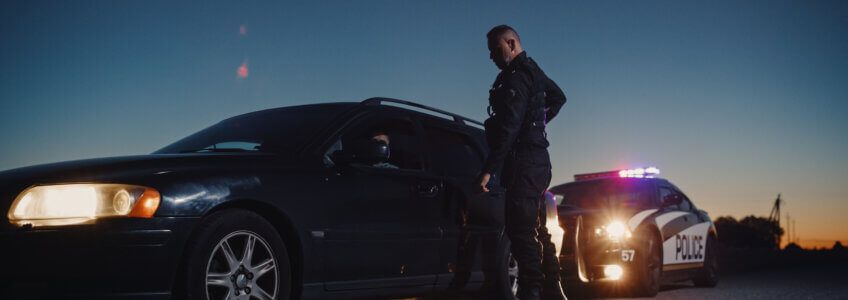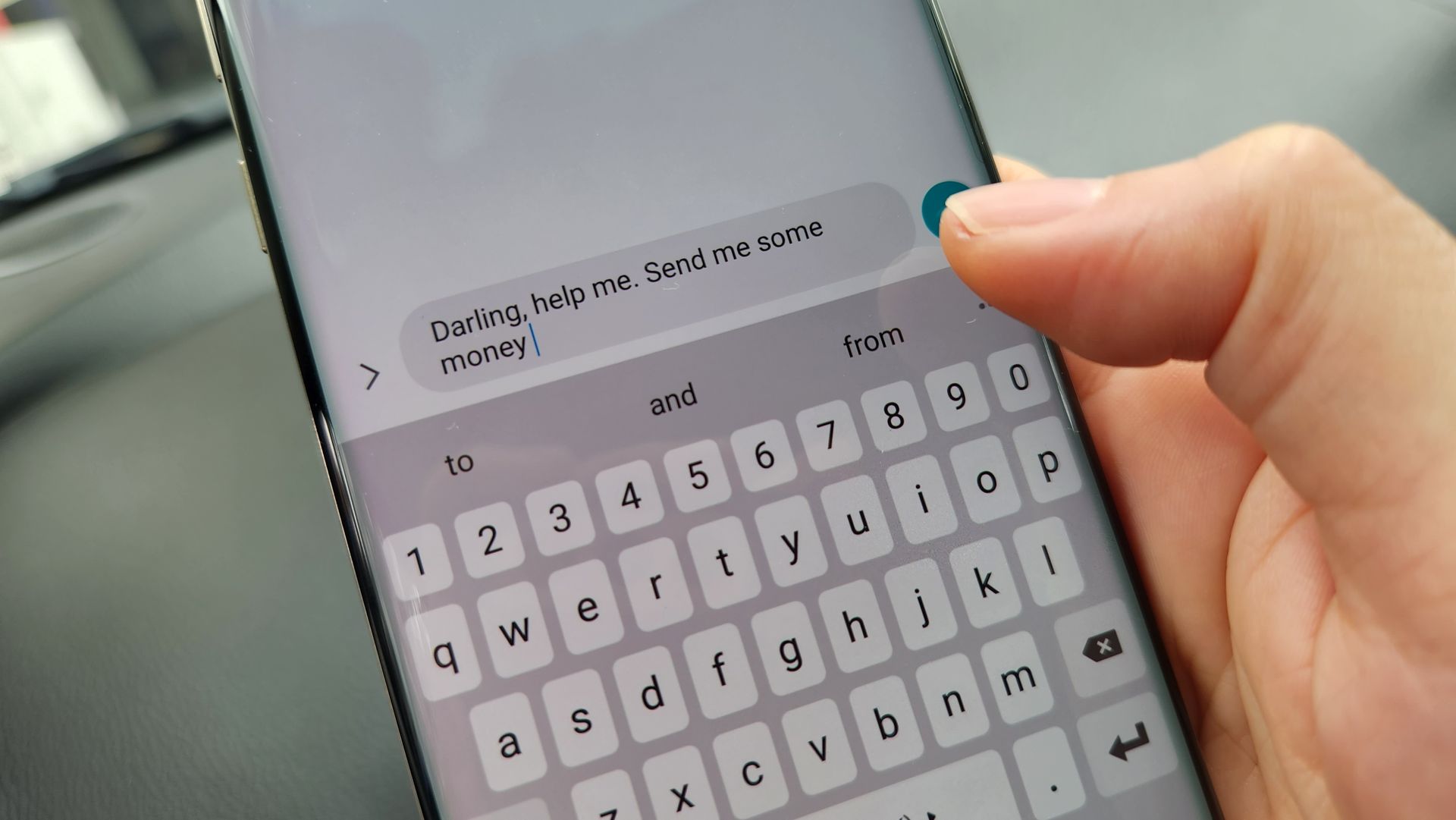
Driving while intoxicated (DWI) is a serious charge, but if death is involved, the charge becomes much more severe. Death elevates what would otherwise be a misdemeanor into a felony, with upwards of 10 years in prison, a $20,000 fine and a permanently damaged reputation.
No matter the circumstances of the case, you deserve a fair trial and an aggressive attorney who will fight for the best possible outcome for your case. At Minnesota Lawyer Referral, we partner with hundreds of experienced attorneys in the Minneapolis–St. Paul area, including many criminal defense lawyers with extensive DWI experience. We can help connect you with a qualified lawyer who will give you dedicated legal support.
DWI Laws in Minnesota
While DWI and DUI are often used interchangeably when people talk about driving while drunk or high, Minnesota only uses DWI when formally charging people.
Although you can’t be charged with both a DWI and DUI, some do end up facing two DWI charges for a single incident: one for driving while impaired and another if your alcohol concentration level was over the legal limit.
The legal alcohol concentration level is 0.8 percent while driving (or if tested up to two hours after driving). For commercial vehicles, that limit is cut in half. Any alcohol concentration level of more than 0.4 percent can constitute a DWI for commercial drivers.
That said, the state allows law enforcement to judge on a case-by-case basis. Everyone has a different level of tolerance – someone who’s only at 0.3 percent might be too drunk to operate a vehicle at that level. That means that even if you’re under the legal limit, the officer who pulled you over may still charge you with a DWI.
It’s also illegal to have any amount of a controlled substance in your system while driving except marijuana. The allowance is due to how long marijuana can be detected in a user (potentially up to a month after consuming or smoking it) rather than an allowance to drive while high. Although marijuana doesn’t have a legal concentration limit, law enforcement reserves the right to evaluate your condition for themselves and arrest you if they find enough signs of impairment. Alternatively, if you refuse a drug or breathalyzer test, you’ll be automatically charged with a DWI. ignition interlock restricted license
What Are the Penalties for a DWI?
- First Offense: A first offense is a misdemeanor charge with 90 days in jail, a $1,000 fine and a required ignition interlock restricted license for 90 days, which means you can only drive if you pass a breathalyzer test before you start your car.
- Second Offense: A second offense is a gross misdemeanor with one year in jail and/or a $3,000 fine. First-time offenders arrested at twice the legal limit, or 0.16 percent, will face a similar charge.
- Third Offense: A third offense is also a gross misdemeanor but with additional penalties. Drivers will have their vehicle and license plate forfeited and their license replaced with an ignition interlock license for three years. Your level of alcohol concentration won’t affect the outcome.
- Fourth Offense: A fourth offense is when the DWI officially becomes a felony, punishable by seven years in prison and/or a $14,000 fine. It also has the same extraneous penalties as a third offense, with the ignition interlock license probation extended to upwards of six years.
However, no matter if it’s your first or fourth offense, being involved in a crash that results in injuries will influence the severity of charges and potentially result in additional fines and more serious penalties. If someone else is injured, the charge automatically becomes a gross misdemeanor; if they are substantially harmed, it’s a felony, with three years in prison and/or a $10,000 fine.
As previously mentioned, if someone dies in a DWI crash, the penalty is elevated to 10 years in prison and/or a $20,000 fine. On top of that, there’s also a 10-year revocation of conviction, which means that a judge has the right to revoke your probation at any time if you’re found in violation of your parole for ten years after your release. If an unborn child was killed in the accident, the license revocation is extended to 15 years.
Connect With Over 200 Private Practice Minneapolis–St. Paul Attorneys From Our Exclusive Network
At the Minnesota Lawyer Referral and Information Service (MNLRIS), our referral counselors can help you find zealous and competent criminal defense representation. We vet attorneys on your behalf and can set up an appointment with lawyers who have extensive experience with cases like yours.
To learn more about how you can get help finding a skilled private practice defense lawyer, call (612) 752-6699 today.




